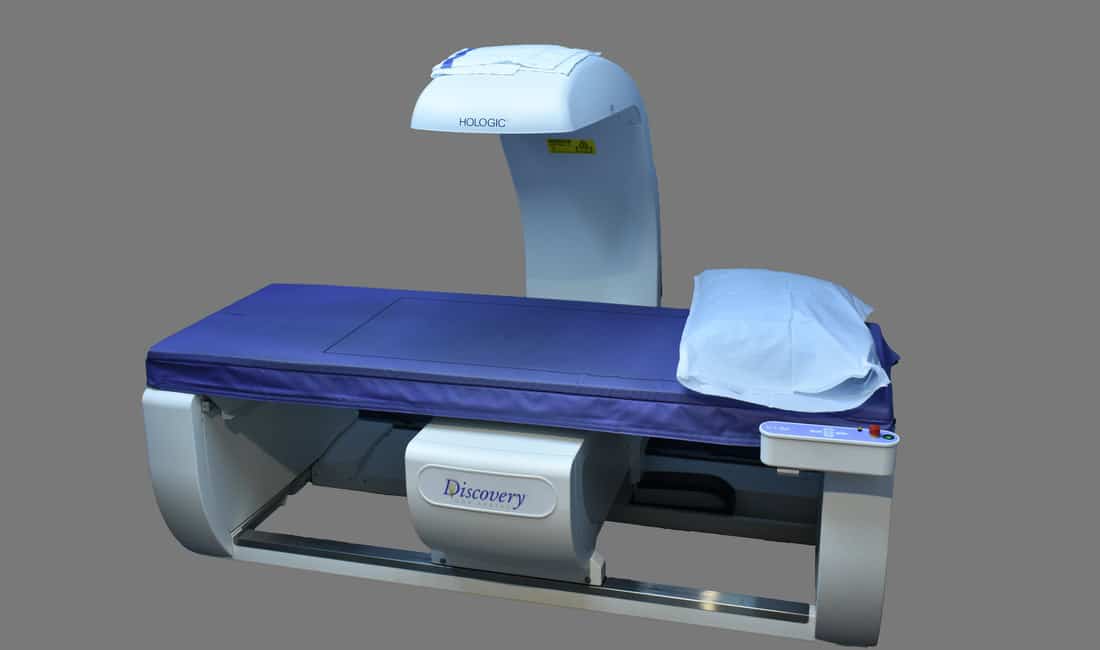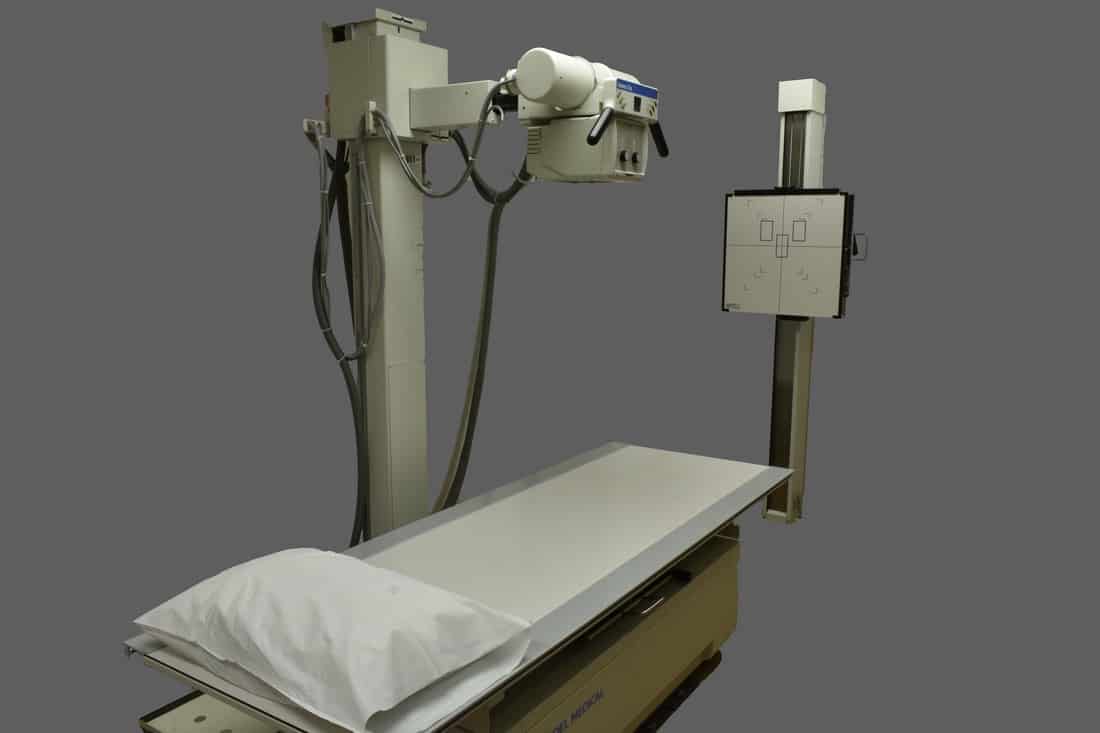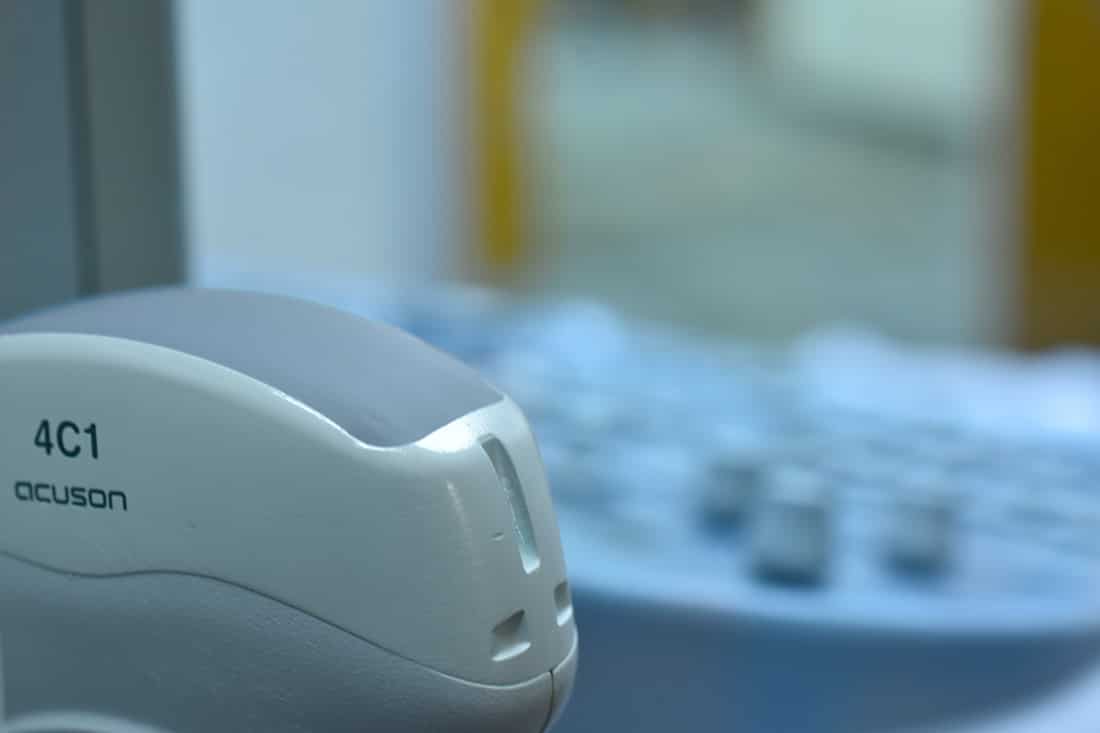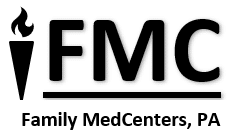No other primary care facility in south-central Kansas can match our imaging capabilities. With some of the latest technology and well trained personnel we are able to offer you and your family all the benefits of diagnostic imaging you normally only find is hospitals. Our studies are read and interpreted by board certified radiologists and cardiologists (for cardiac studies).
Click on each diagnostic exam type below to learn more!
Family MedCenters Diagnostics Information:
X-RAY

An x-ray is one of the simplest, but most useful diagnostic tools to be able to assess for bone problems, chest or abdomen abnormalities, and even sometimes helps in the diagnosis of arthritis or even in some cases kidney stones.
COMPUTERIZED TOMOGRAPHY (CT SCAN)

A CT scan uses x-ray pictures taken at all different angles to create a 3-D view of the body and its internal components. Patients are placed on a movable platform that enters and exits the scanner itself. In some cases, contrast dye is used to look at blood vessels or other tracts in the body.
MAGNETIC RESONANCE IMAGING (MRI)

An MRI is similar to a CT scan as it also creates 3-D images of the body and its internal structures, but instead of using x-rays an MRI uses extremely powerful magnets and non-harmful radio waves to look inside. Contrast can also be used with this machine for viewing blood vessels.
ULTRASOUND/SONOGRAPHY

Ultrasounds use high frequency sound waves that can be used to view internal organs and assess blood flow. Ultrasounds can be used on any body part and are for the most part used for the assessment of developing babies.
MAMMOGRAPHY

Mammograms are essential to life-long health. They can be used for either screening or diagnostic purposes and are key to finding breast cancer in its early stages. The breast is placed between two firm surfaces and x-ray images are taken to look at the spread out breast tissue.
DXA - PREVIOUSLY DEXA - (BONE DENSITOMETRY)

Using two different x-ray beams at different energy levels this machine is used to determine the patient’s bone mineral density. It is useful in the diagnosis of certain bone conditions such as osteoporosis.
NUCLEAR MEDICINE STUDIES

Nuclear medicine uses small amounts of minimally radioactive material to diagnose a variety of diseases ranging from heart disease to neurological disorders.
FLUOROSCOPY

Fluoroscopy uses continuous x-rays to see internal organs in movement. It can also be used in conjunction with x-ray contrast dyes to see fluids in movement.
Located on the northwest corner of our Derby Family MedCenter location our Diagnostic Center is open Monday through Friday.
Diagnostic Center Hours:
Monday: Coming Soon
Tuesday: Coming Soon
Wednesday: Coming Soon
Thursday: Coming Soon
Friday: Coming Soon
Saturday: Closed*
Sunday: Closed*



